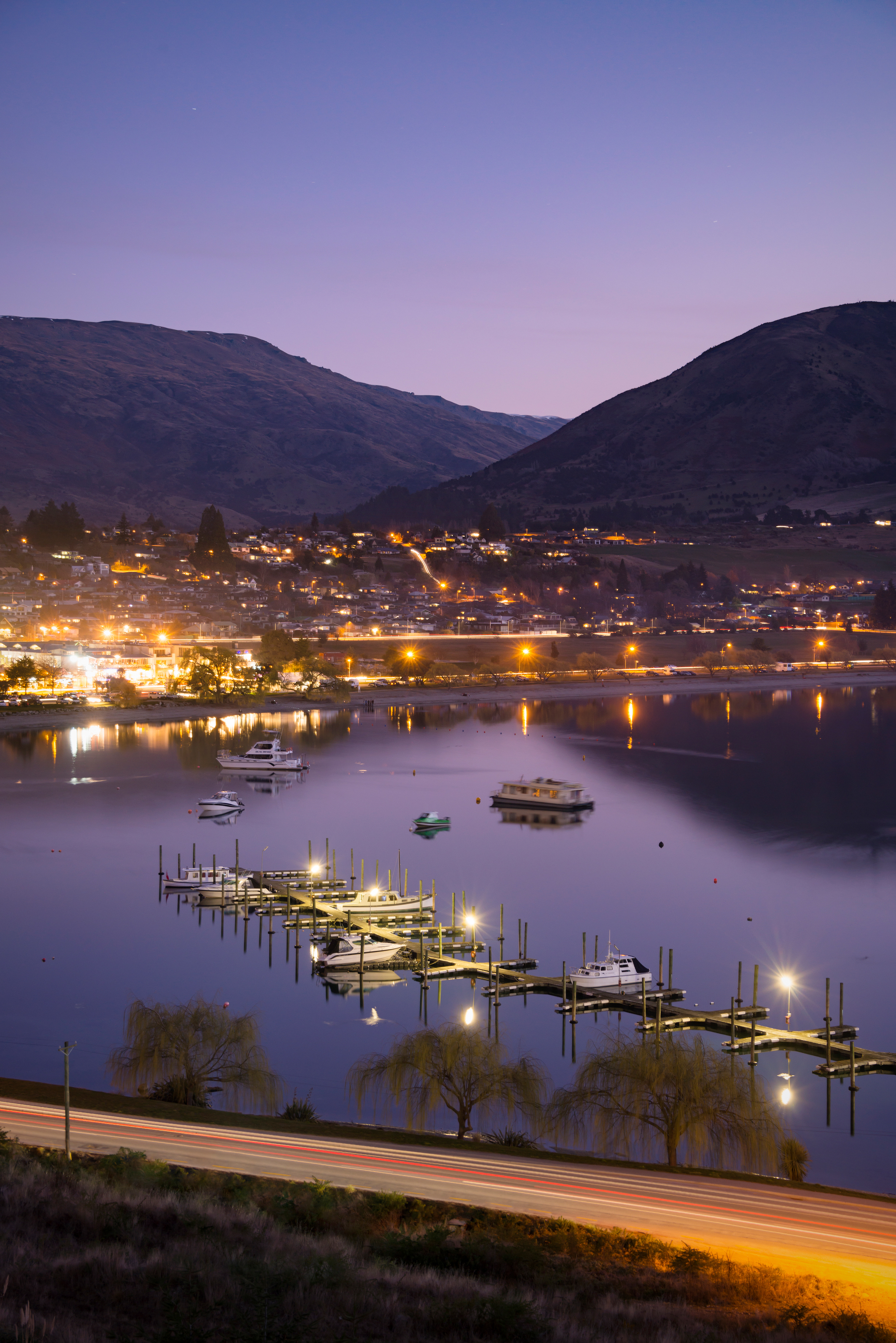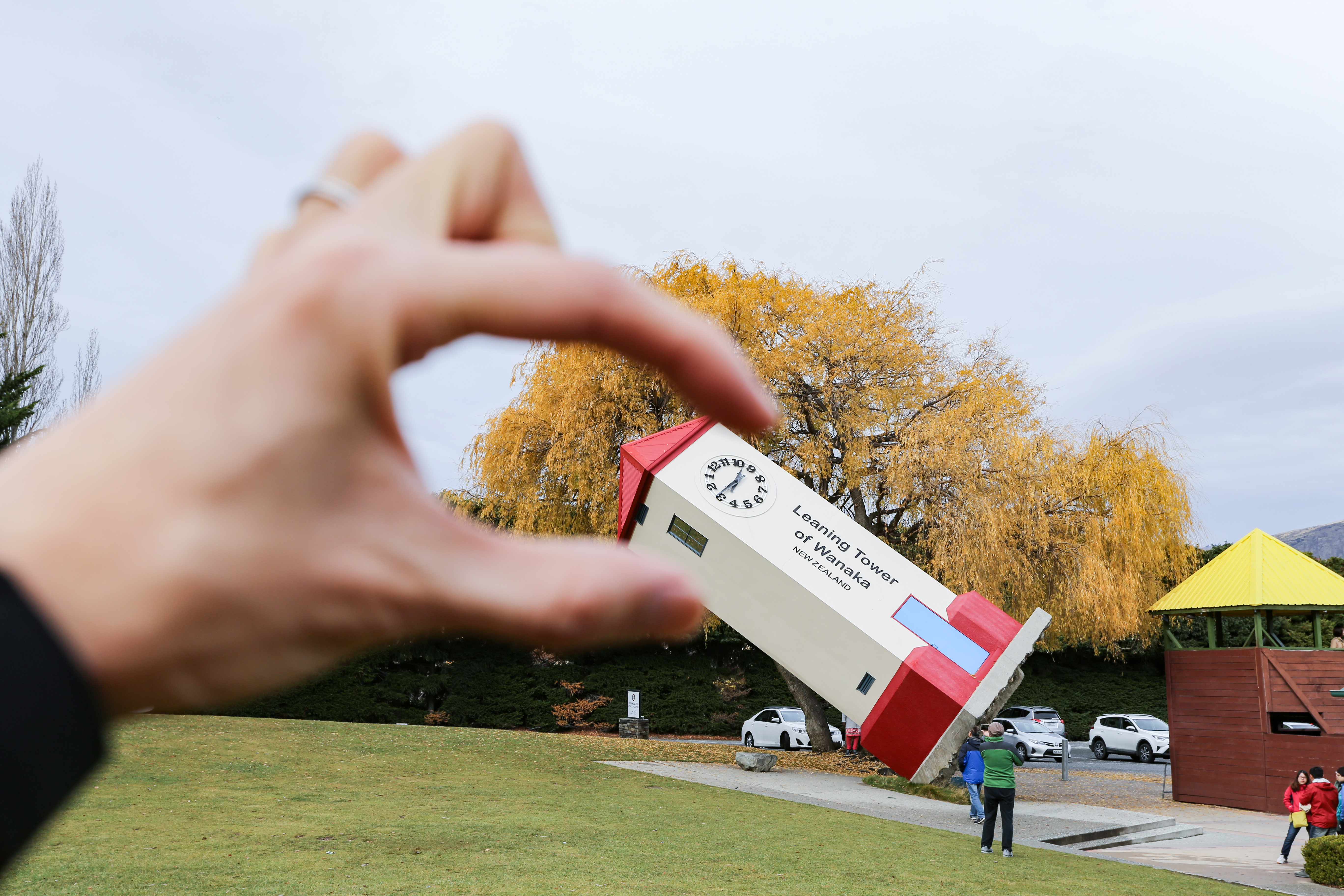A lot has changed since Chris Steven decided to hang out a shingle for Wanaka Law in 1986. Although other lawyers made regular trips to Wanaka at the time, Mr Steven says he was the first to set up a full-time law office there.
He said he made the permanent move to the South Island resort town because he quite liked the idea of playing a lot of golf and doing a bit of skiing. “And I haven’t done any since.” His legal practise has kept him too busy. Initially though, it was a bit of a slog. “My first three months yielded $39 in locally-based client fees.”
Mr Steven says the legal work he’s undertaken in Wanaka has been broad and technically more challenging than when he worked in larger centres.
“For example, here you tend to have a lot more restrictive covenants on titles, because of the landscape rules in the district plan there is a very strong focus on maintaining the visual amenities within a subdivision. Developers obviously like to keep the value of their subdivisions up, particularly if they are developing in stages, so there are a lot of rules about what can and can’t be put on, and you’ve got to be familiar with them.”

Photo by Flickr user ‘Dani’ CC-By-NC-ND
An attractive place to live
Surrounded by mountains, and situated at the southern end of Lake Wanaka, the town is an attractive place for both tourists and residents.
When Andrew Lovelock decided to move back to New Zealand after a decade in the UK, he and his wife decided Wanaka would be a great place to raise their kids. “We have four children, it’s a wonderful place for them to grow up. It does lack a little bit in terms of diversity but access to the outdoors is unlimited really.”
Although he trained as a ski instructor at Treble Cone’s Rookie Academy in the mid-1990s, these days Mr Lovelock doesn’t hit the slopes in a professional capacity. “I mostly ski around with the kids, who take great delight in reminding me I’m not an instructor anymore.”
Mr Lovelock says his “diverse, interesting” client base is predominantly local, but also includes Americans, Europeans, Britons, Australian and Chinese clients. His time overseas helps him understand what some of his international clients are going through.
“I think it helps to understand what the issues are for people who are coming to New Zealand and often trying to find a roadmap to living permanently here. I lived in the UK long enough to go through a similar process over there and you have some insight into what that experience is like for clients who are doing it around the other way.”
Working in Wanaka, or any regional town, puts lawyers at the “coalface” of legal practice, and they have to be nimble and able to work across a number of areas, rather than specialising in one particular field, says Mr Lovelock.
“That can be quite a challenge on occasion because you might feel like you never get enough of one type of work to really get your eye in on that area of work. But it is rewarding in the sense that you are dealing with people and their real life issues and helping them in positive – and not-so positive situations on occasion – in realising what they want to do.”
Lawyers as “life managers”
He jokes that lawyers should rebrand themselves as life managers rather than legal practitioners. “Because fundamentally we spend our time helping people in and out of situations and arranging their affairs and helping them to hopefully realise whatever it is they want to achieve in their lives.”
Janice Hughes, a director/shareholder at Aspiring Law, says a lot of people underestimate the diversity and quality of work on offer in Wanaka. “There are a bunch of really interesting people who come and live here, either full-time or part-time, and doing the work that falls out of that is very challenging at times, but also very rewarding. You never quite know who you are going to talk to, or what work you are going to be asked to do.”
A lot of people who move to the town end up setting up their own business, either because they want to or need to do something. Ms Hughes and her business partner Mike Toepfer, noticed a need for support and assistance for these fledgling small business owners, so they set up BizClub, a networking and mentoring initiative.
She also writes a regular newspaper column, where she tries to educate the public about things they need to know from a legal point of view in an easy-to-understand format. “If we do it in a conversational style, how you might explain something to someone over a cup of coffee, that seems to work quite well.”
Growth and the high cost of living

Photo by Simon Barber CC-By-SA
Wanaka is in growth mode, and any lawyer thinking of moving there shouldn’t expect it to stay the same. “It’s going to continue to grow and change, because we’re in an area that is essentially attractive and people want to come and live here. I think from a professional services and legal practise point of view, you will see more lawyers deciding that this is a place they ought to be,” says Mr Lovelock.
The population of Wanaka according to the 2013 Census was 6,471 but it is estimated that this figure has grown considerably since.
However, that growth does come at a price, with the high cost of living making it difficult for junior lawyers and support staff to get by, says Ms Hughes. “Housing and the cost of living here is high. A lot of people might want to live and work here and that sounds good in theory, but the actual reality of paying the bills here is quite dire. As a town, it’s a big issue. Even things like the power bill are more expensive,” says Ms Hughes.
“How does a family afford a house that rents at $500 to $600 a week and how do they put food on the table and pay the power bill on an ordinary wage or salary? I really feel for people because those costs are huge. If you want to buy a house, you are looking entry-level pricing here in town of $600,000 to $800,000.”
Community involvement

Puzzling World in Wanaka is a popular tourist destination.
Photo by Gordon Cheung CC-By
Rebecca Karamaena, an associate at Checketts McKay Law, grew up in Alexandra and moved back down south after starting her legal career in Wellington. “I wanted to have a family and bring up my kids close to where I grew up. I worked in Wellington when I first graduated and I think it probably reminded me that I was more of a small town person rather than a city person. I’m lucky that I still get to do interesting and challenging work even though I live outside of a main centre.”
With two young children, she has made an effort to be involved in the local community, recently becoming a trustee on the Alpine Community Development Trust. “It’s one of those opportunities to contribute particular skills to an organisation which is going to help the community. Because, although Wanaka is a really great place for us to live, it is also an expensive tourist town, which puts pressure on families and means there are lots of people who need access to extra help.”
